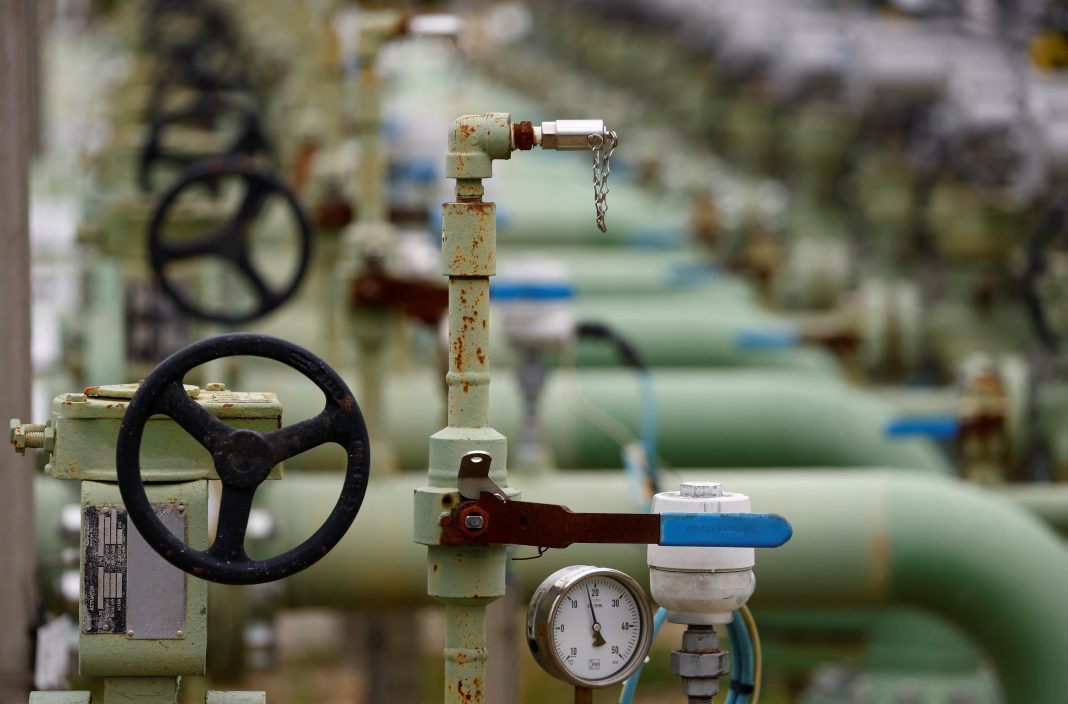
Switching from gas appliances to efficient electric alternatives has the potential to save Victorian households an average of $1,200 per year, according to the Institute of Energy Economic and Financial Analysis (IEEFA). The IEEFA suggests that providing customers with more options to use solar energy for water heating could not only reduce power bills but also alleviate strain on the national grid.
Data from the Department of Climate Change, Energy, the Environment and Water (DCCEEW) reveals that 32 percent of Australia’s total electricity generation comes from renewable energy sources, with solar accounting for 14 percent. Additionally, solar hot water contributes 4.2 percent of the country’s total renewable energy mix, generating 21.3 petajoules of energy.
Gabrielle Kuiper, a distributed energy resources specialist and guest contributor at IEEFA, explains that treating a home’s hot water system as a thermal battery by storing heat in hot water until it is needed is a viable option. This approach allows for the efficient utilization of solar energy.
Solar water heating, which involves using sunlight to heat water through a solar thermal connector, is considered a cost-effective method by the United States Department of Energy. It can be implemented in any climate, making it a versatile and sustainable solution for generating hot water.
The DCCEEW highlights that water heating constitutes the second-largest energy use segment in Australian households, accounting for 15 to 30 percent of total energy consumption. Furthermore, solar water heating is the largest contributor to greenhouse gas emissions among individual households in the country.
Kuiper emphasizes the benefits of flexible hot water systems, stating that they not only reduce costs for homeowners but also for the entire electricity system. By dynamically managing these systems to absorb renewable energy during periods of abundance and available network capacity, flexible hot water systems can lower bills for all electricity users.
IEEFA’s analysis indicates that if gas appliances were replaced with efficient electric alternatives at the end of their life, households in Victoria (where gas heating is prevalent) could save $1,200 annually on energy bills. Kuiper highlights additional cost-saving opportunities for consumers, such as using their own solar energy for water heating or taking advantage of “solar sponge” retail tariffs during the day or participating in retail demand response programs.
Overall, transitioning to efficient electric alternatives for water heating, particularly through the utilization of solar energy, presents significant cost-saving potential for households while also reducing greenhouse gas emissions. Embracing these options not only benefits individual consumers but also contributes to a more sustainable and environmentally friendly energy landscape.


